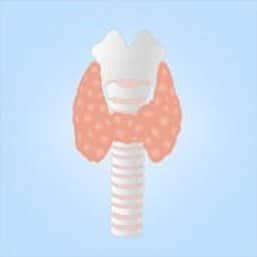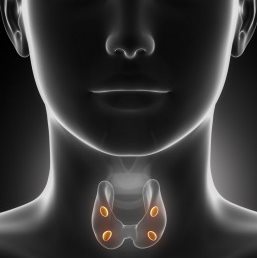Our physicians are skilled experts in removal of both thyroid and parathyroid glands. Removal of thyroid masses or overactive parathyroid glands requires intricate knowledge of important anatomy and dedication on the part of your surgeon to continually staying updated in new developments in the field of endocrine surgery.
Serving patients in Austin and Cedar Park, Texas, our team of physicians perform thyroid and parathyroid surgery for benign and malignant conditions. To schedule a consultation, call the office or book an appointment online today.
Thyroid & Parathyroid Disorders Q & A

A parathyroidectomy is an operation for removing a parathyroid gland, which is necessary if it causes high calcium levels or other symptoms.
Over time, thyroid and parathyroid dysfunction can lead to a host of health problems, some very serious. With surgery, your physician can remove all or part of the thyroid or parathyroid gland, which relieves symptoms and resolves health problems associated with the gland.

- Feel jittery
- Sweat easily
- Have a high heart rate
- Lose weight
- Symptoms of an underactive thyroid include:
- Fatigue
- Slow thinking
- Feeling cold all the time
- Weight gain
- Parathyroid Symptoms: Symptoms of overactive parathyroid, a gland that sits behind the thyroid, include –
- Nausea
- Vomiting
- Depression
- Kidney stones
- Osteoporosis
- Fatigue
At ENT Specialists of Austin, our team of physicians are experts at thyroidectomy and parathyroidectomy. The physicians have extensive experience with the complex neck anatomy involved in these procedures.
They use minimally invasive techniques with intraoperative hormone level monitoring to ensure successful outcomes with small incisions and minimized scarring. As an added level of protection, your physician utilizes intraoperative nerve monitoring to help protect the critical nerves in this region during surgery.
In most cases, you’ll return to your normal activities in better health within 1-2 weeks. You may have a sore throat for a while, but this resolves quickly.
To learn more about thyroid or parathyroid surgery at ENT Specialists of Austin, call the office or book an appointment online today.